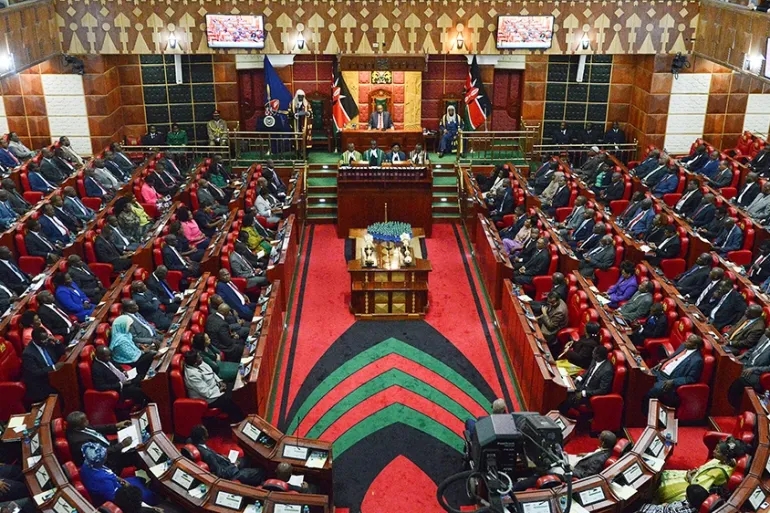
In a small rural hospital, a nurse struggles to find a patient’s medical record among a pile of worn out files.
Without a digital system, retrieving data is slow, chaotic, and sometimes incomplete.
Across the country, in a private hospital in Nairobi, a different challenge unfolds. A ransomware attack cripples the facility’s digital systems, holding sensitive patient records hostage and threatening to leak them unless a hefty ransom is paid.
These contrasting scenarios reflect Kenya’s digital healthcare transformation — full of promise but fraught with risks.
As healthcare systems digitise to improve efficiency and access, the need to protect patient data has never been more urgent.
Kenya’s healthcare sector is undergoing a revolution. Electronic health records, mobile health apps, and telemedicine platforms are making healthcare more accessible and efficient.
Patients in remote areas now consult doctors through mobile apps, while hospitals leverage digital tools to monitor diseases, allocate resources, and improve care delivery. Innovations such as these are transforming lives. But with this progress comes a price: the vulnerability of patient data.
HEALTHCARE DATA
Healthcare data — medical history, genetic information, HIV status, and biometric details — is among the most sensitive personal information.
When mishandled, the consequences can be devastating. Picture this: a patient’s HIV status is leaked, exposing him or her to stigma and discrimination in their community.
In another case, an insurance company denies coverage based on improperly accessed records.
Such breaches are not theoretical: they are real risks that many Kenyans face, especially in a system where data privacy rights are still poorly understood, and enforcement is inconsistent.
The Data Protection Act, 2019 was introduced to address these risks. It aligns with international standards like the GDPR and established the Office of the Data Protection Commissioner to oversee compliance.
However, gaps remain. In many rural hospitals, the shift from paper-based records to digital systems has yet to occur, primarily due to limited resources and infrastructure.
Where digital systems exist, cybersecurity measures are often weak, leaving patient records vulnerable to breaches.
Globally, ransomware attacks on hospitals have surged, and Kenya is not immune. A breach in a Nairobi hospital highlighted how quickly sensitive patient data can fall into the wrong hands.
At the same time, third-party vendors, such as insurers and tech partners, often handle large volumes of healthcare data without proper safeguards or accountability.
SECURE SYSTEMS
Addressing these challenges requires a multi-faceted approach. Hospitals need to secure their systems with robust tools such as encryption, firewalls, and regular audits.
Training healthcare workers on privacy laws and secure data management is equally critical — an initiative in South Africa, for instance, saw data breaches drop by 40 percent after staff received proper training.
Patients, too, must be empowered with knowledge of their data privacy rights under the Data Protection Act so they can demand accountability when their information is misused.
ENFORCE LAWS
The government must enforce these laws effectively, ensuring healthcare providers are held to the highest standards of compliance.
Collaboration between policymakers, healthcare providers, and tech companies will be essential in tackling emerging privacy challenges.
For Kenya, protecting patient data is about far more than just privacy. It is about restoring dignity, building trust, and ensuring healthcare’s digital transformation serves every citizen equally.
Whether it is the nurse in a rural hospital searching for files or the administrator dealing with a ransomware attack in Nairobi, the stakes are high.
The promise of digital healthcare can only be realised when systems are secure, patients are informed, and stakeholders act together to safeguard sensitive data.
Now is the time to act. A secure
healthcare system is not just a necessity; it is a right.




















